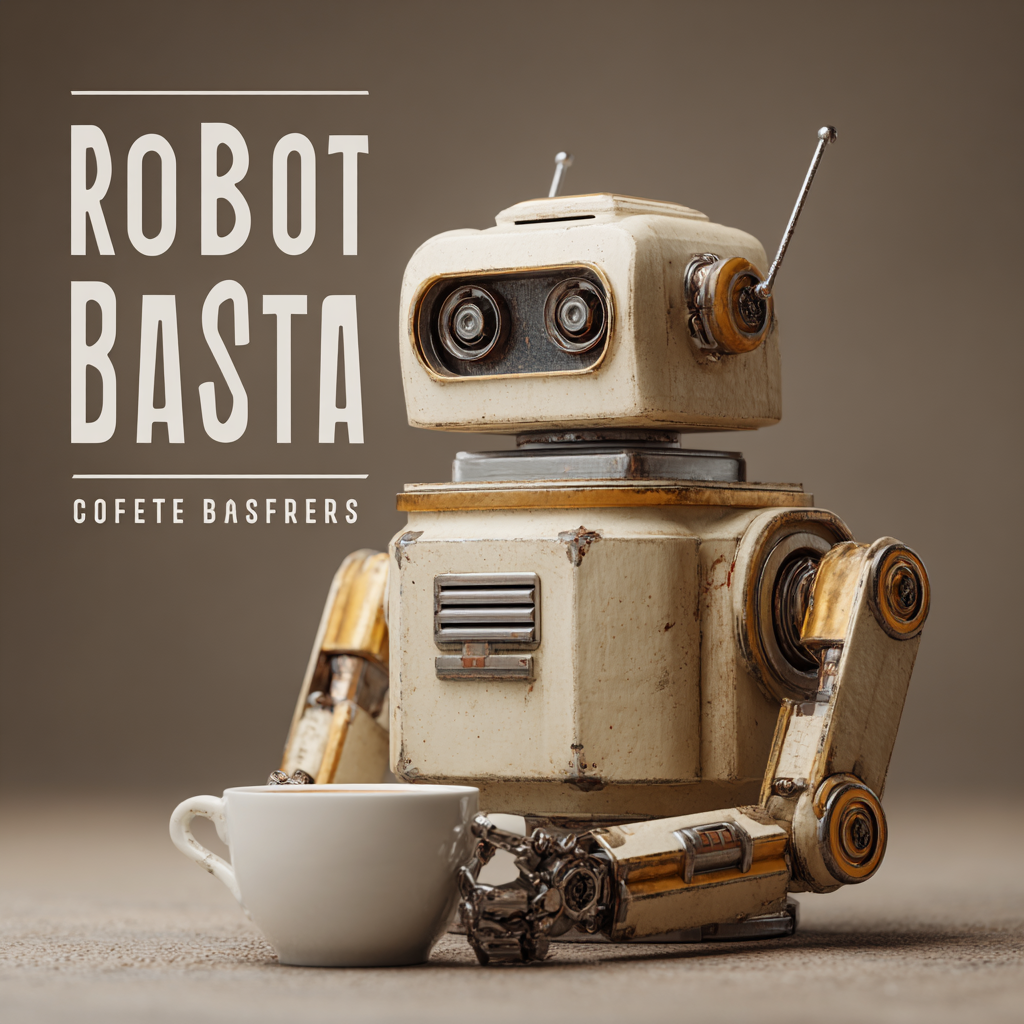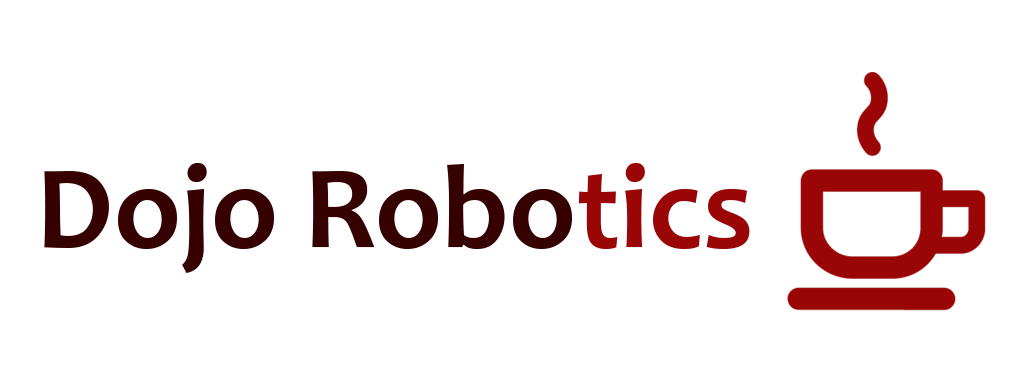Exploring Unique Alternatives to the Best Robot Barista for Your Coffee Business
In the rapidly evolving landscape of the coffee industry, the introduction of the Robot Barista has revolutionized the way businesses serve their customers. While these automated wonders are often celebrated for their precision and efficiency, many coffee entrepreneurs are now seeking unique alternatives that can not only enhance their service but also offer a personalized touch that machines often lack. This blog aims to explore various innovative solutions that rival the traditional Robot Barista, focusing on both industry production standards and practical implementation strategies. By delving into these alternatives, coffee businesses can discover how to differentiate themselves in a crowded market while maintaining high-quality standards and fostering customer engagement. Join us as we navigate the exciting possibilities that await beyond the Robot Barista, ensuring your coffee business thrives in a competitive environment.

Innovative Brewing Techniques to Complement Robot Barista Services
As the coffee industry continues to embrace automation, robot baristas are becoming increasingly popular. However, incorporating unique brewing techniques alongside robotic services can elevate the customer experience. One such method is the pour-over technique, which allows for a personalized touch. Using high-quality, single-origin beans, baristas can manually control the water flow and extraction time, showcasing the beans' distinct flavor profiles. This method not only delights customers but also increases the perceived value of the coffee served.
Another innovative approach is the infusion of cold brew with various flavors. By offering a selection of botanicals, spices, or fruits, coffee businesses can provide dynamic drink options that cater to diverse tastes. Experimenting with flavors can attract adventurous customers and differentiate a coffee shop from competitors. When paired with the precision of a robot barista, these brewing techniques create a harmonious blend of tradition and technology, ensuring every cup of coffee is a memorable experience.
Alternative Coffee Brewing Techniques and Their Popularity
Top Manual Brewing Tools for Crafting Unique Coffee Experiences
As the coffee industry continues to evolve, many businesses are seeking unique manual brewing tools to provide distinct coffee experiences that resonate with today's discerning consumers. According to a recent report by IBISWorld, the specialty coffee shop market has grown by an impressive 15% annually over the past five years, driven largely by the demand for artisanal and handcrafted coffee options. Manual brewing methods, such as pour-over and siphon brewing, not only allow baristas to showcase their skills but also enable them to experiment with flavors, creating a memorable experience for customers.

One of the top manual brewing tools that has gained popularity is the Chemex, renowned for its elegant design and ability to produce a clean, flavorful cup of coffee. A study by the Specialty Coffee Association reveals that when customers engage with the brewing process, they report satisfaction scores 20% higher than those who order automated brews. Furthermore, tools like the Aeropress and French press allow for more control over variables such as grind size and brewing time, appealing to the growing market of coffee enthusiasts who appreciate a personalized touch. By incorporating these manual brewing methods, coffee businesses can differentiate themselves and cultivate deeper customer connections.
The Rise of Mobile Coffee Carts: A Flexible Alternative to Robots
The coffee industry is witnessing a significant shift with the rise of mobile coffee carts as a flexible alternative to traditional robotic baristas. These carts offer agility and adaptability, allowing businesses to cater to diverse locations and customer preferences. According to a report by IBISWorld, the mobile coffee cart market has grown by over 25% in the past five years, driven by the increasing demand for convenience and personalization in consumer experiences.
Moreover, the launch of innovative multi-scene robots has accelerated automation in sectors such as food and beverage. These robots, capable of coordinating vision, movement, and tactile feedback, are reshaping operational models. However, a stark dichotomy exists within automation processes; many businesses either fully embrace automation or remain entirely manual. It's crucial to understand that while robotic solutions provide consistency and efficiency, mobile coffee carts can offer a more personalized service, appealing to customers seeking unique, artisanal experiences.
The versatility of mobile coffee carts also aligns with changing consumer behaviors. A study by Statista indicates that around 60% of consumers prefer coffee that can be tailored to their taste and served on the go. This trend underscores the potential for mobile carts to become an integral part of the coffee business landscape, bridging the gap between automated service and personalized customer interaction.

Leveraging Technology: Apps and IoT for Enhanced Customer Interactions
In today's competitive coffee landscape, leveraging technology through apps and IoT can significantly enhance customer interactions and streamline business operations. According to a report by Allied Market Research, the global coffee shop market is projected to reach $237.6 billion by 2024, indicating a growing demand for innovative solutions that enhance customer experience. Implementing mobile apps not only facilitates easy ordering and payment but also allows businesses to gather valuable data on customer preferences and behaviors, ultimately enabling targeted marketing strategies.
Moreover, the integration of IoT devices within coffee businesses can revolutionize the way establishments interact with their customers. By equipping machines with smart technology, coffee shops can track usage patterns and inventory levels in real time. Insight gathered from a recent study by MarketsandMarkets suggests that the IoT in retail market size is expected to grow from $22.6 billion in 2020 to $94.4 billion by 2025. This technology fosters a more personalized experience; for instance, customers can receive notifications about new offerings based on their past purchases or favorite drinks, encouraging loyalty and repeat visits. Embracing these technological advancements will not only enhance customer satisfaction but also optimize operational efficiency within the coffee business.
Exploring Unique Alternatives to the Best Robot Barista for Your Coffee Business - Leveraging Technology: Apps and IoT for Enhanced Customer Interactions
| Technology Type | Usage in Coffee Business | Benefits | Challenges |
|---|---|---|---|
| Mobile Ordering Apps | Allow customers to place orders ahead of time | Increased convenience, reduced waiting times | Requires user engagement and app maintenance |
| IoT-enabled Coffee Machines | Remote control and monitoring of coffee machines | Improved efficiency, real-time updates on brewing | High initial investment, technical issues |
| Customer Feedback Systems | Digital platforms for gathering customer reviews | Actionable insights for service improvement | Potential negative reviews can affect reputation |
| Loyalty Programs via Apps | Reward repeat customers with points and discounts | Increased customer retention and sales | Requires ongoing promotion and engagement |
| Social Media Integration | Use social platforms for marketing and customer interaction | Broader reach, enhanced community engagement | Managing multiple platforms can be resource-intensive |
Collaborating with Local Roasters: A Personal Touch to Coffee Business
Collaborating with local roasters can significantly enhance the uniqueness of your coffee business. Unlike relying solely on robot baristas, which may lack the personal touch, partnering with nearby roasters fosters a deep connection to the community and enriches your coffee offerings. Local roasters often emphasize quality sources and sustainable practices, which can resonate with consumers who value ethical consumption. By curating a menu of exclusive blends sourced from local experts, you not only support local economies but also create a distinctive brew that sets your establishment apart.
Moreover, working alongside local roasters enables you to tell a story behind each cup served. Customers appreciate knowing where their coffee comes from and who is behind the roasting process. This collaboration can be communicated through tastings, workshops, and even social media campaigns that highlight the roasters' craftsmanship. Building these relationships can lead to co-branded events, allowing coffee lovers to engage directly with the artisans behind their favorite brews. In this way, your coffee business evolves into a vibrant hub that celebrates both quality coffee and the local community, giving patrons an experience they won't find at a robot-operated café.
